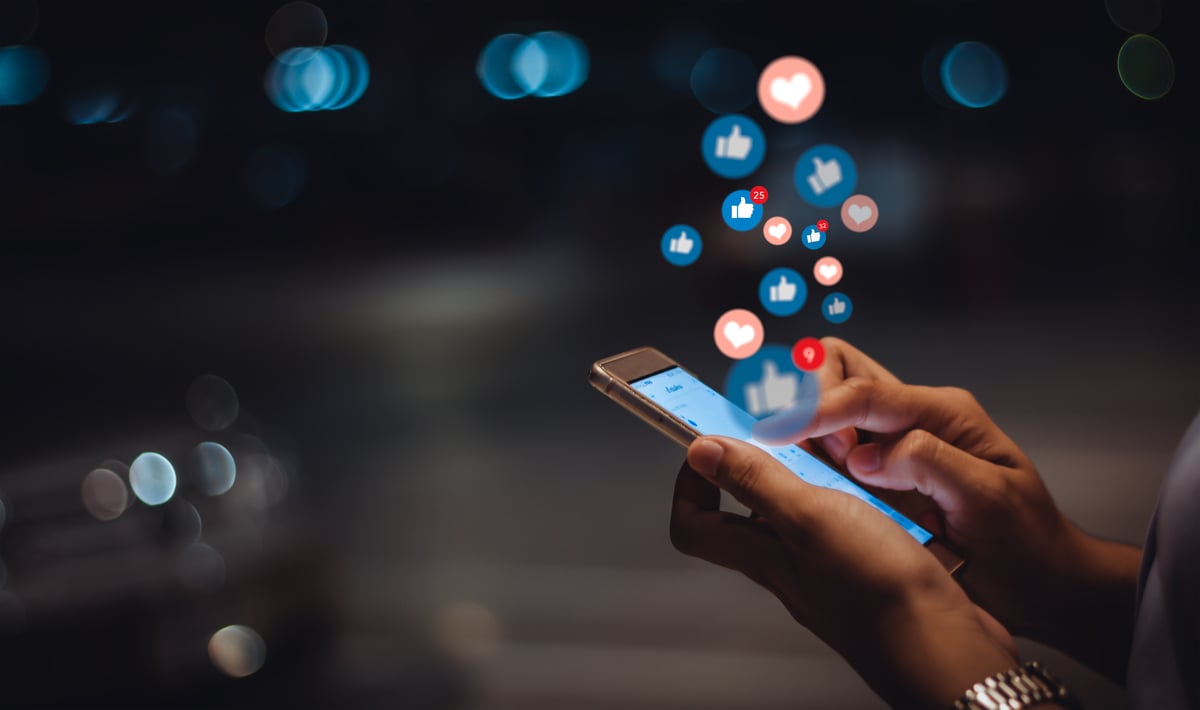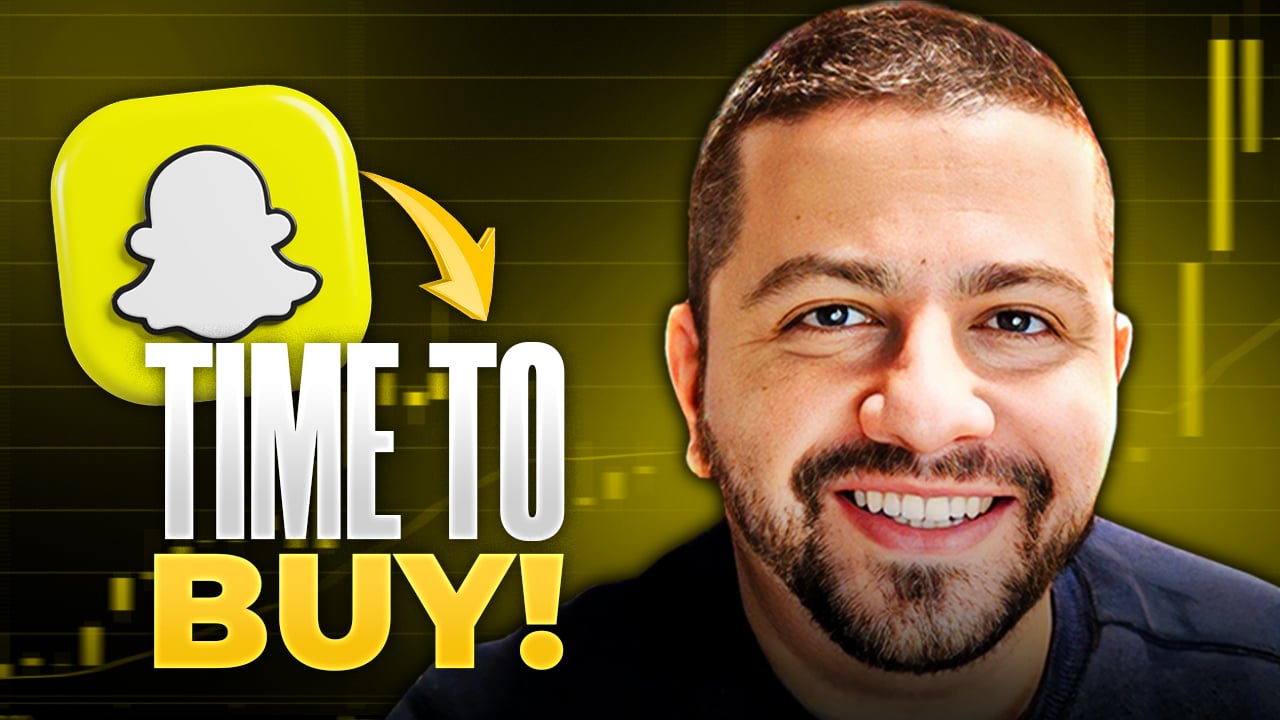We already knew relatively few people actually liked the design overhaul Snap (SNAP 4.28%) CEO Evan Spiegel foisted on Snapchat -- the changes caused user growth to slow and engagement with publishers to plummet -- but recent data from YouGov indicates things are only going to get worse.
It's not me, it's you
According to the YouGov BrandIndex, a daily online survey that tracks consumer sentiment toward brands, user sentiment with Snap among its key 18- to 34-year-old demographic plunged 73% following the redesign, essentially wiping out all the gains it had carefully crafted over the last two years.

Snapchat users 18-34 years old really don't like the app's redesign. Image source: Getty Images.
YouGov has consumers rank their impression of a brand on a scale ranging from 100 , which is "very positive," to -100, which is "very negative." Millennials who were surveyed said their view of Snapchat went from a high of 30 before Snap made the changes all the way down to eight in early April.
They also became highly dissatisfied with the app. Snapchat's Satisfaction scored tumbled from a high of 27 in late January to 12 in mid-April. YouGov noted that this steep drop coincided with an infamous tweet from reality TV star Kylie Jenner questioning the value of the app after the change, asserting that her opinion likely added momentum to it.
Over a million users ended up signing a petition demanding Snap bring back the old design, because the change made them feel as though they were no longer friends with celebrities like Jenner, but Spiegel more or less told everyone to go pound salt, and chided them for thinking celebrities were their friends in the first place.
Change for the sake of change
Snap's bigger problem lies in the fact that its best ideas were too easily stolen by its competitors. Facebook's (FB 2.96%) Instagram app, for example, routinely borrows Snap's innovations, then does them better. As a result, Instagram's user base has soared to over 800 million compared to less than 200 million for Snapchat.
For its redesign, Snap turned the tables and lifted the idea of using an algorithm to determine what its users see in their timelines, but apparently, it failed to recognize how some Facebook users dislike the non-linear ordering of posts in their timelines.
Because so much of what people see on Facebook feels irrelevant to them, they've been sharing less on the platform. A 2016 report from The Information said overall sharing on Facebook fell 5.5% between 2014 and 2015 with people sharing 21% fewer personal updates, or what the social network referred to as a "context collapse."
Yet the choices that caused that were the ones Snap decided to emulate, and now, Snapchat is suffering the same sort of engagement disconnect that Facebook did.
The great rollback
User growth slowed to a crawl in the first quarter, rising just 2% sequentially to 191 million users, while many publishers reported engagement with their content fell by 50% or more. Spiegel was forced to admit the redesign even created "apprehension" among advertisers, who cut back advertising on the site. Although ad revenues were up 54% year over year in Q1, they were down by 19% from Q4, and average revenue per user also took a hit, falling 21% from the fourth quarter.
Now Snap seems to be backpedaling hard. While Spiegel said on the Q1 earnings conference call he was "doubling down" on the redesign, in fact Snapchat has been rolling back a lot of the changes.
The new new layout puts Snaps and Chats in chronological order again, and Stories from your friends are back to the right-hand side of the app, which you can access from the camera by swiping left. While branded content will remain segregated from your friends' content in Stories, there is now a separate Subscriptions feed where Stories from popular publishers can be easily searched.
The update will be available soon to the majority of iOS users, and Snap plans to introduce a brand-new app for Android users later this year that it hopes will entice some 2 billion users to give it a try.
Whether the still-evolving design will be enough to stanch the bleeding is still unclear, but as is clear from the YouGov survey, even if public opinion has turned slightly more positive in recent weeks, Spiegel has alienated a large share of Snapchat's core user base. Undoing the damage and getting them to return may not be as simple as returning the app to its previous settings.







